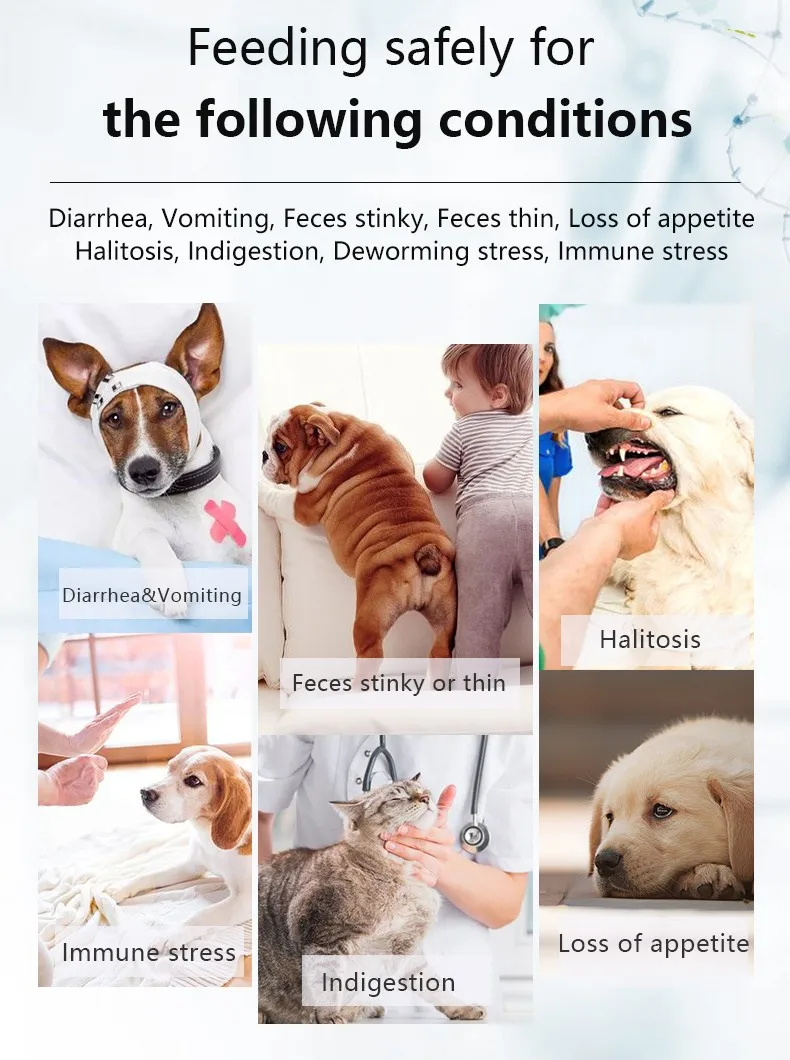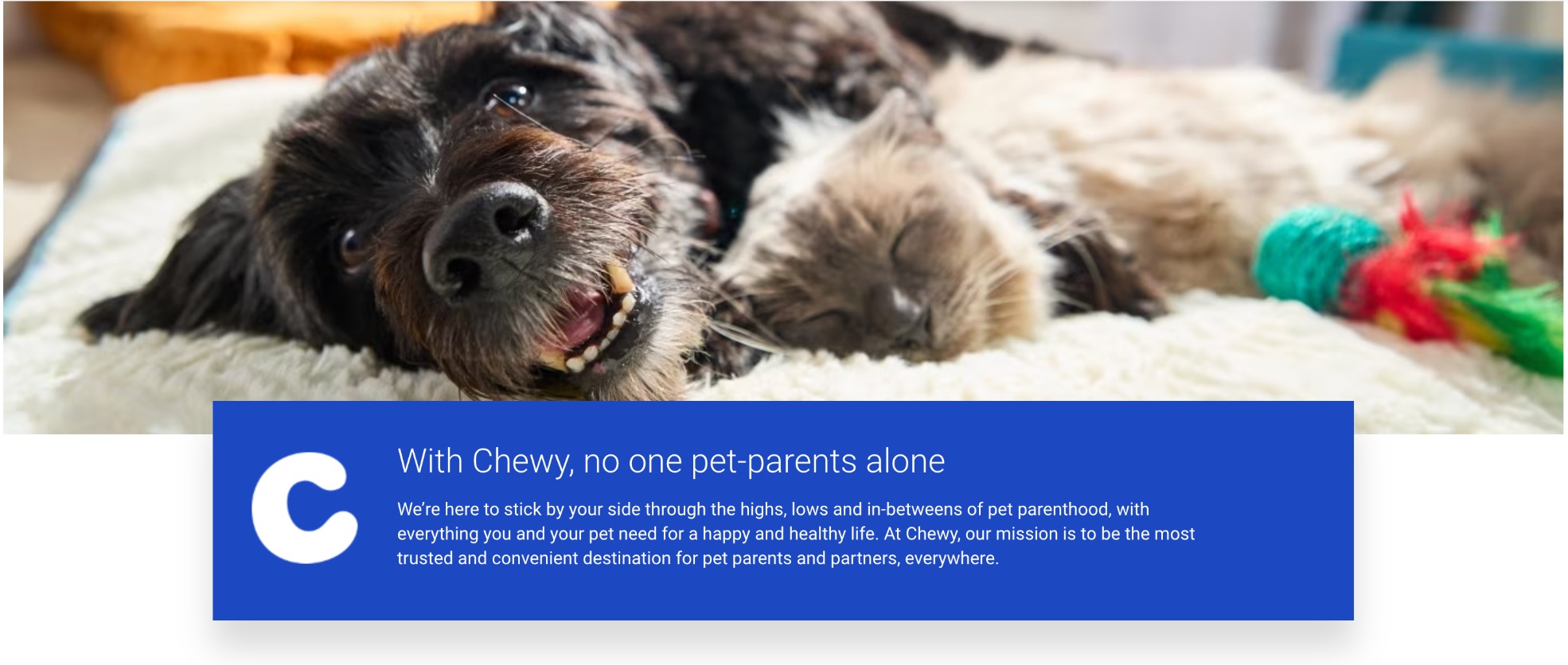Treat Pet Allergies: A Comprehensive Guide to Identifying and Managing Your Pet's Sensitivities
Guide or Summary:Identifying Pet AllergiesManaging Pet AllergiesPreventive MeasuresAs pet owners, we cherish our furry friends and want to ensure they live……
Guide or Summary:
As pet owners, we cherish our furry friends and want to ensure they live healthy, happy lives. Unfortunately, many pets suffer from allergies, which can be both distressing and challenging to manage. This comprehensive guide will help you understand the intricacies of pet allergies, identify the common allergens, and learn effective strategies to treat and manage your pet's sensitivities.
Identifying Pet Allergies
The first step in managing your pet's allergies is to identify the allergens. Common allergens include:
- Flea bites: Fleas are notorious allergens that can cause severe reactions in pets. The symptoms include excessive scratching, hair loss, and skin infections.
- Pollen: Pollen allergies are common in dogs and cats, especially during the spring and summer months. Symptoms include sneezing, itchy eyes, and skin irritation.
- Foods: Certain foods can trigger allergic reactions in pets. Common allergens include beef, dairy, wheat, and fish.

- Mold and dust mites: Pets can develop allergies to mold and dust mites, which are commonly found in households. Symptoms include respiratory issues, sneezing, and coughing.
Managing Pet Allergies
Once you've identified the allergens, it's essential to develop a management plan. Here are some effective strategies:
- Regular grooming: Regular grooming can help prevent skin infections and reduce the risk of allergen exposure. Brushing your pet's coat daily can remove dead skin cells and prevent the buildup of allergens.
- Medicated shampoos: Medicated shampoos can help soothe itchy skin and reduce the severity of allergic reactions. These shampoos contain ingredients like oatmeal, aloe vera, and essential oils.
- Allergy shots: Allergy shots, also known as immunotherapy, can help your pet develop immunity to specific allergens. This involves regular injections over several months to build up your pet's tolerance to the allergen.

- Eliminating allergens: Eliminating allergens from your home can significantly reduce your pet's exposure. This includes vacuuming regularly, using air filters, and keeping your home free of mold and dust mites.
- Probiotics and supplements: Certain supplements and probiotics can help strengthen your pet's immune system and reduce the severity of allergic reactions. Consult with your veterinarian to determine the best options for your pet.
Preventive Measures
Prevention is key when it comes to managing pet allergies. Here are some preventive measures to consider:
- Regular veterinary check-ups: Regular check-ups with your veterinarian can help identify potential allergens and develop a management plan. Your vet can also recommend preventive measures and treatments.
- Keeping your pet's coat healthy: A healthy coat can help prevent skin infections and reduce the risk of allergic reactions. Regular grooming, a balanced diet, and supplements can help keep your pet's coat healthy.

- Monitoring your pet's environment: Monitoring your pet's environment can help identify potential allergens and take preventive measures. This includes keeping your home clean, avoiding certain foods, and minimizing exposure to pollen and other allergens.
In conclusion, managing pet allergies requires a comprehensive approach that includes identifying allergens, developing a management plan, and taking preventive measures. By understanding the intricacies of pet allergies and implementing effective strategies, you can help your furry friend live a healthy, happy life. Remember to consult with your veterinarian for personalized advice and treatment options. With the right approach, you can treat your pet's allergies and ensure their well-being.